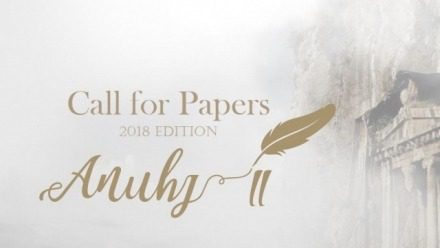After a 31 year hiatus, the ANU School of History has announced the revival of the ANU Historical Journal.
The journal will be published annually, with the release of its first edition due late-2018. The journal has received over 20 manuscript submissions so far that will be peer-reviewed by academics from the Journal’s board of reviewers.
Editor Emily Gallagher isn’t completely sure why the Journal went on a hiatus in the first place.
“Very few archival sources have survived regarding the Journal and [the ANU Historical Society],” she told Woroni.
However, she presumes that it was due to financial hardship and the decline of the ANU Historical Society.
“The Journal was inextricably tied to the Society and its decline and disappearance accompanied that of the ANU Historical Society,” she said.
According to Woroni in the 1970s, the ANU Historical Society was “one of the largest and most vigorous societies on campus”.
“With its regular newsletter – Footnotes – and its popular film screenings, history events and sherry parties, the ANU Historical Society attracted the interest of many history and “non-history” students throughout the 60s and early-70s,” Gallagher said.
Academics, postgraduates and undergraduates are welcome to submit works to be published. Gallagher sees the Journal as a way to empower students to get involved in academia and the editorial process.
“Historical research, of course, should be assessed on its own merit, not the reputation of the author,” Gallagher said.
Those who wish to contribute to the journal do not have to be studying history to do so. The upcoming 2018 edition will include historical pieces from students and academics in the fields of archaeology, modern history and gender studies.
The first edition will also include memoir pieces from the original editors of the Journal: Alastair Davidson, Ian Britain and Rosemary Auchmuty.
“We definitely intend to have a launch event with our authors, editors and readers,” Gallagher said.
We acknowledge the Ngunnawal and Ngambri people, who are the Traditional Custodians of the land on which Woroni, Woroni Radio and Woroni TV are created, edited, published, printed and distributed. We pay our respects to Elders past and present. We acknowledge that the name Woroni was taken from the Wadi Wadi Nation without permission, and we are striving to do better for future reconciliation.
